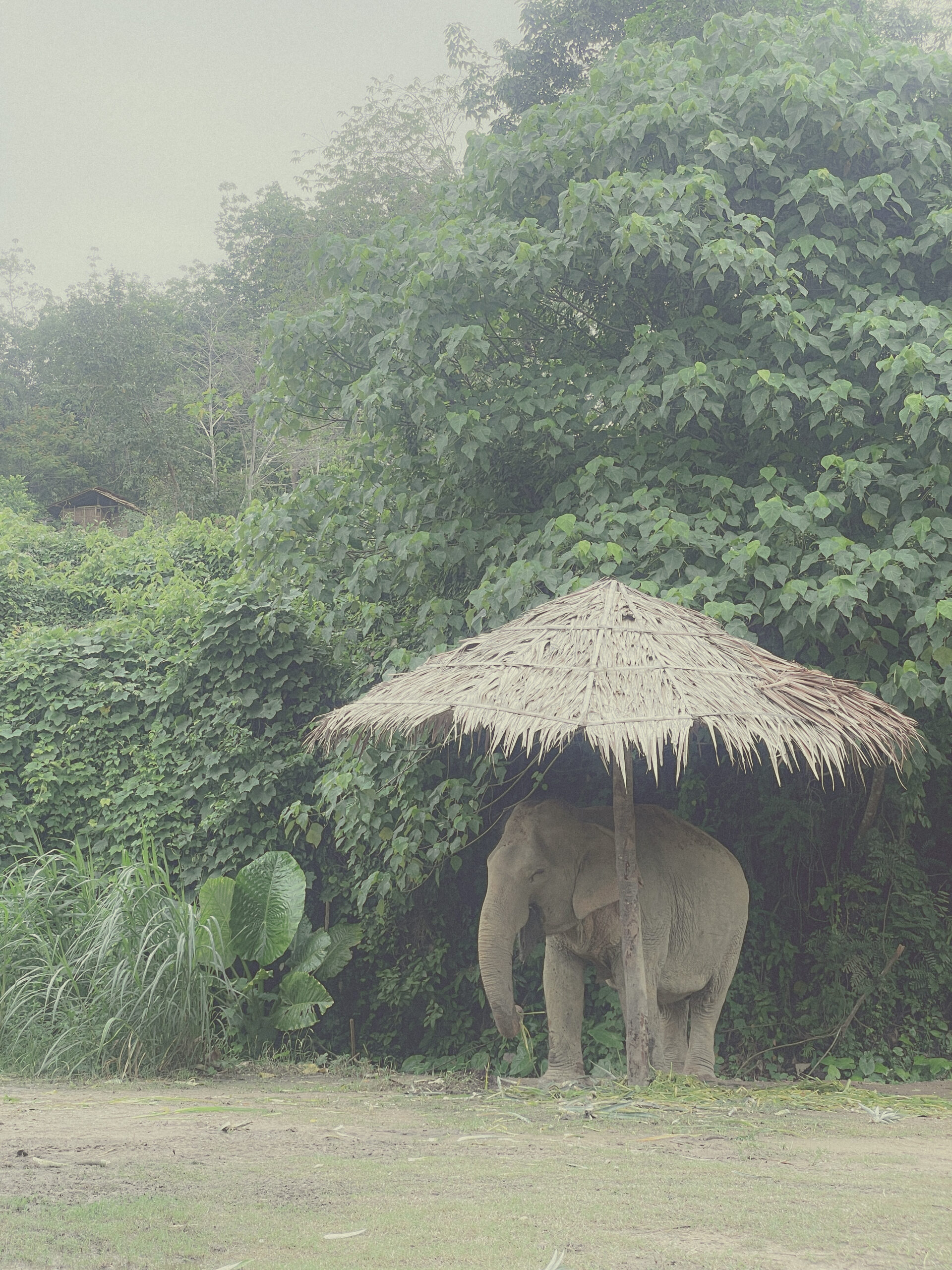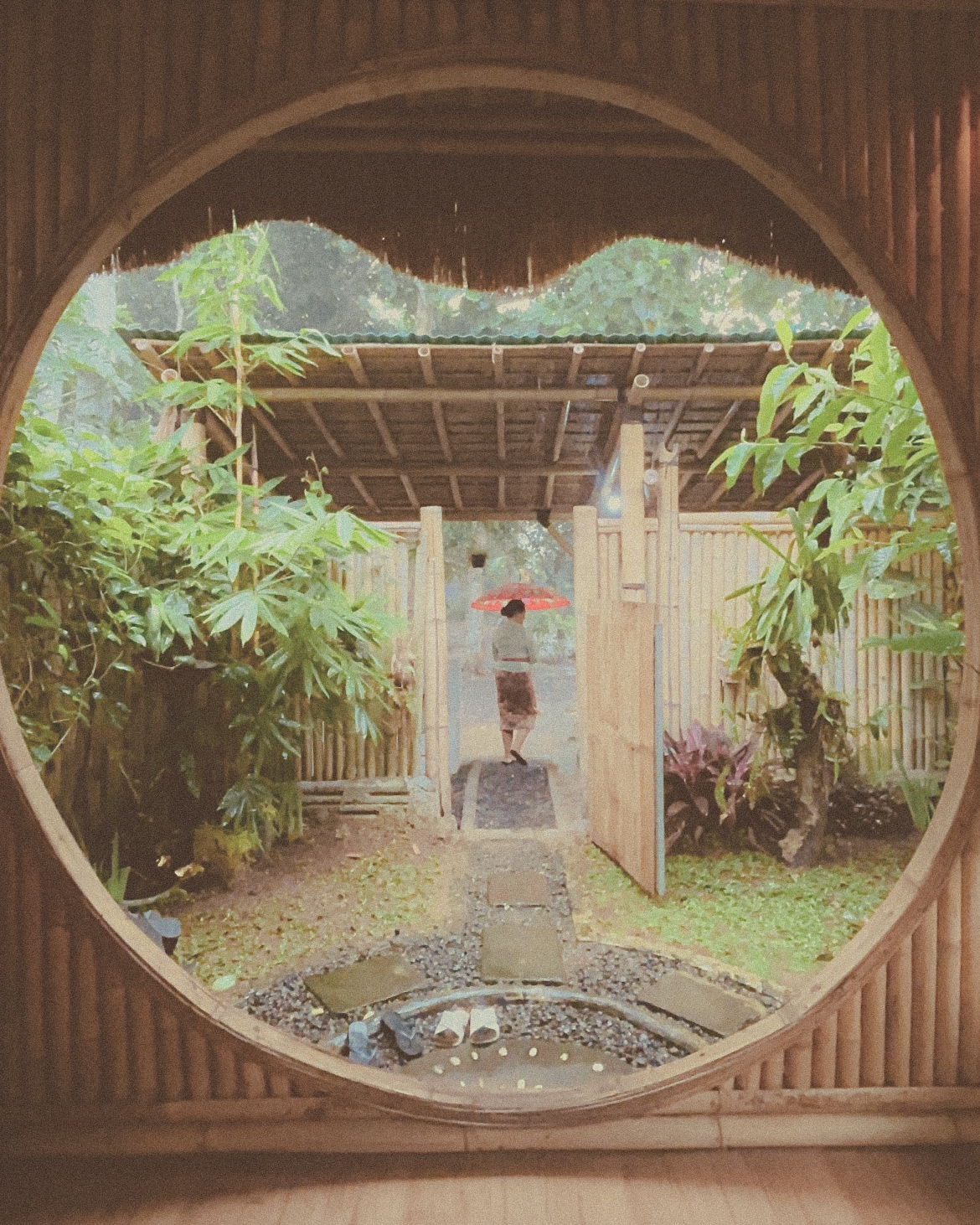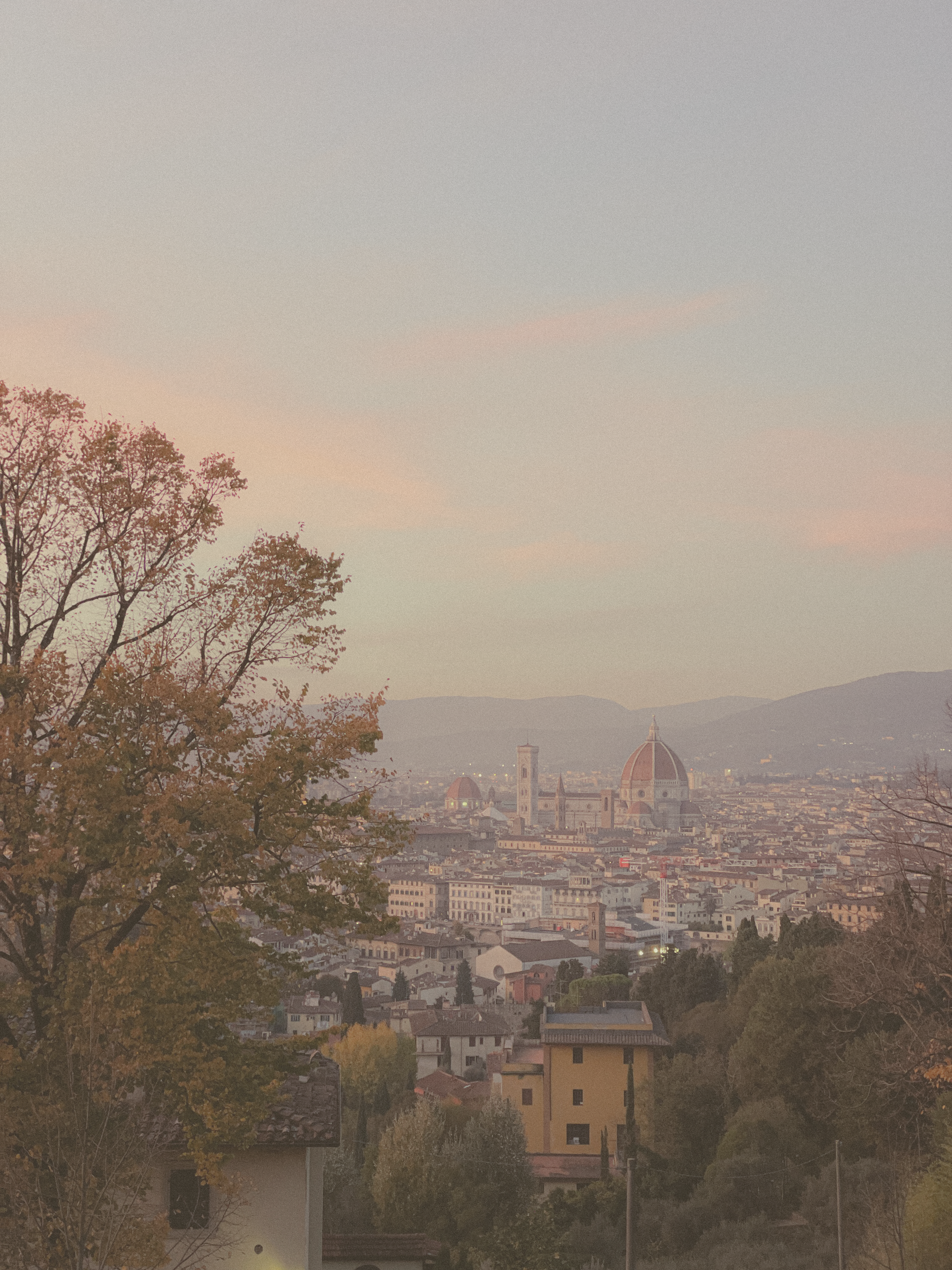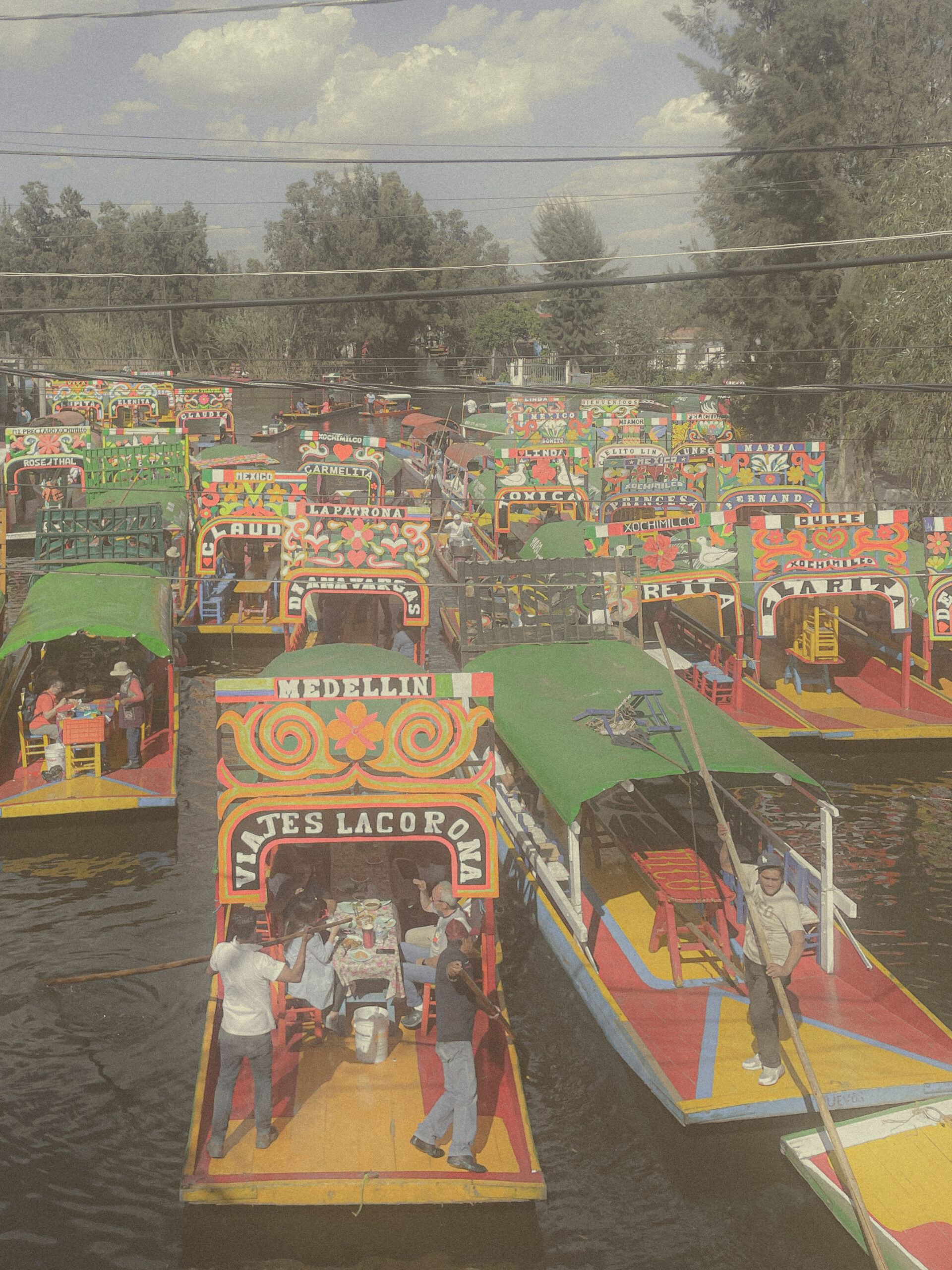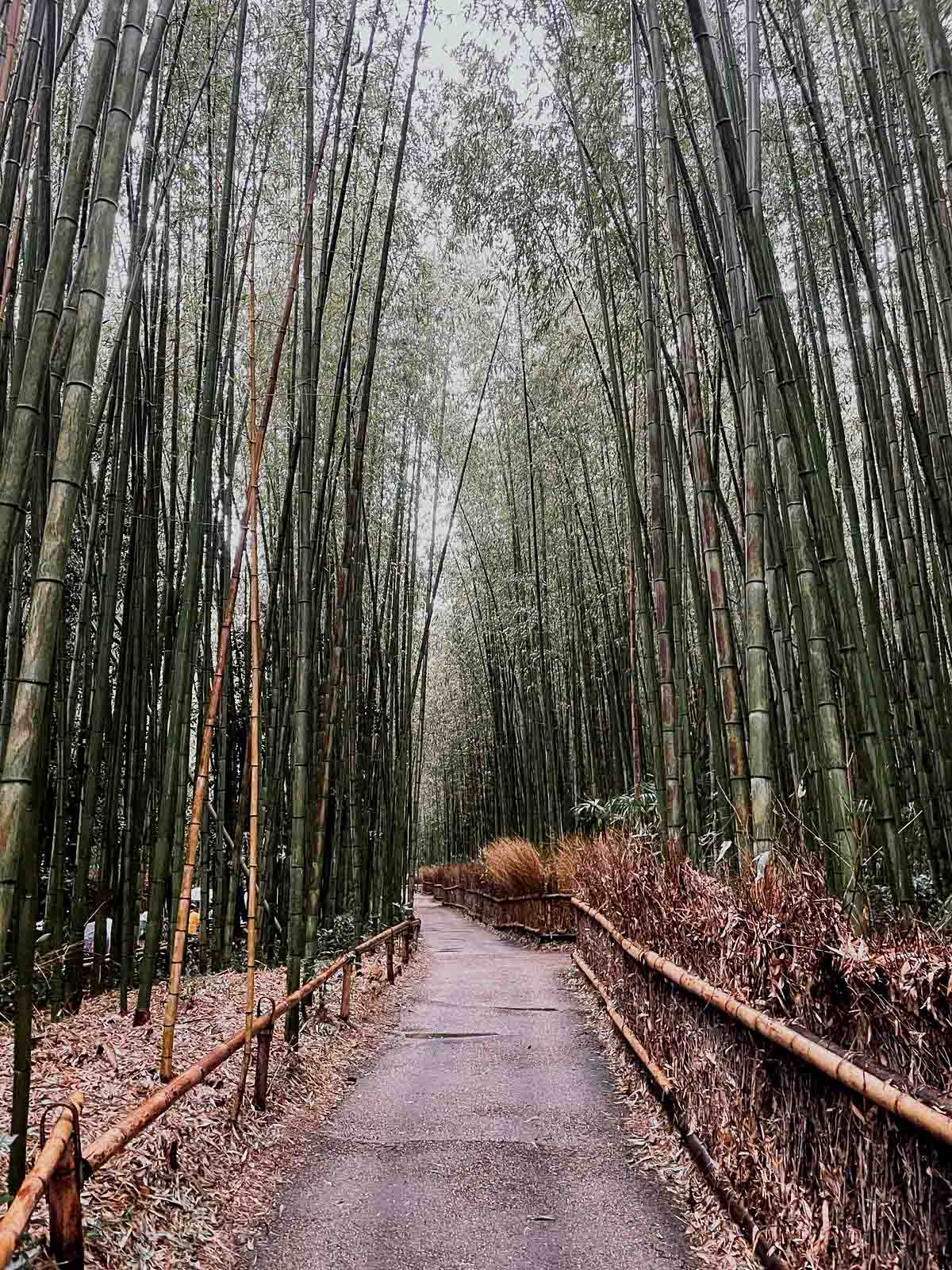As I watched a 10-ton elephant make its way down a small muddy hill, I couldn’t help but notice how quiet it was. Had I not been vigilant, it could have easily taken me by surprise in the jungle. Thankfully, I was alert, as I was at the Hidden Forest Elephant Reserve and elephant watching was the goal.
Nestled in the lush hills of southern Phuket, Hidden Forest Elephant Reserve is more than just a sanctuary—it’s a haven of compassion and natural beauty. As you step into this tranquil setting, the soothing sounds of nature embrace you. You are welcomed by passionate individuals who exude genuine love for their work, setting the stage for an unforgettable afternoon.

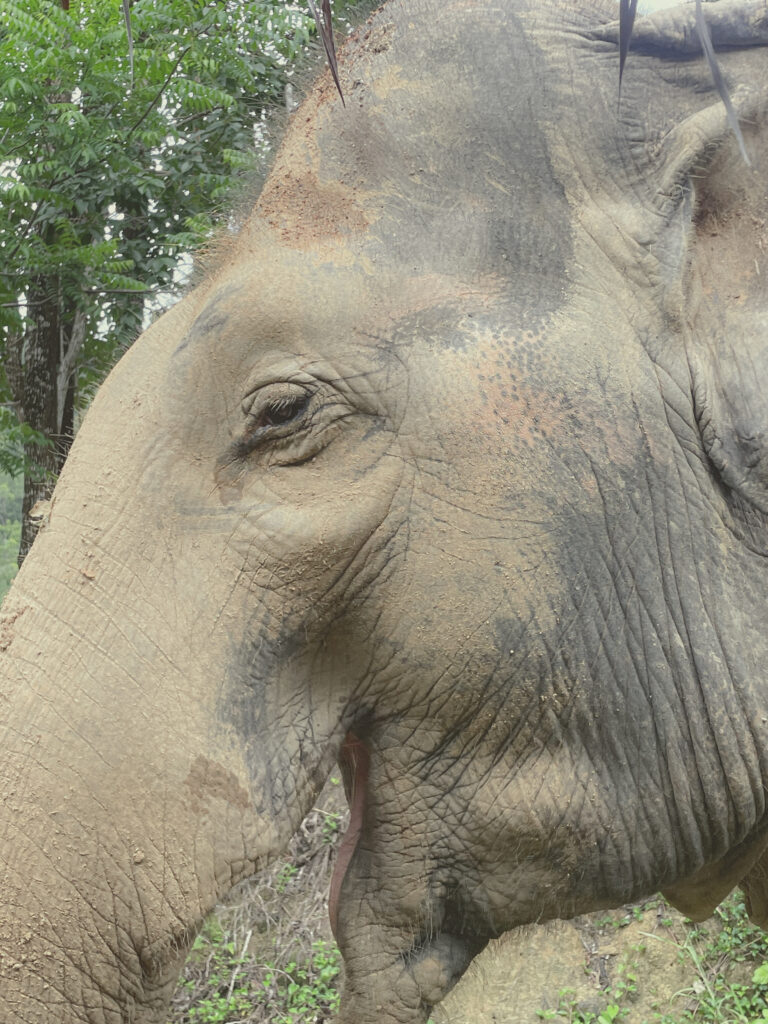
The Experience of a Real ethical elephant sanctuary phuket
Upon arrival, we were warmly greeted and escorted to an area with tea and coffee. There, Louise, one of the co-founders, introduced the team and shared the reserve’s mission.
We watched a brief introductory video that highlighted the reserve’s goals and the stories of the six female elephants who now call it home. All of which have been rescued from the hardships of the tourism riding industry. I’d be lying if I didn’t say I got a little teary-eyed during the video.
One thing was clear, Elephants, Thailand’s national symbol, have been mistreated for the sake of tourist pleasure for far too long. Fortunately, the tide is turning as more travelers become aware of these injustices.
Why No Bathing with the Elephants?
Hidden Forest was the first and only Elephant sanctuary in Phuket that doesn’t allow it’s visitors to bathe with the elephants, and it’s just one of the many things that sets them apart as the true ethical elephant sanctuary.
This choice comes from a deep respect for the animal’s well-being. Letting elephants bathe on their own means they can enjoy their natural behaviors without being bothered by humans.
Elephants don’t need humans’ help to bathe, nor do they want it, it’s stressful for them to have people around them in the water- and it’s stressful for their carers as well. They need to be in control of the elephant the entire time because as you can imagine with a create weighing over 10 tons, one wrong step could be a disaster.
Plus, elephants often relieve themselves in the water, making it unsanitary. That’s why many people end up with eye and skin infections after doing these activities elsewhere.
Feeding the Elephants
Our first activity was feeding the elephants. Guided by the knowledgeable staff, we learned how to offer these majestic creatures bananas.
At first, there was only one of the six elephants at the feeding station, but as soon as the bananas started flowing, the rest quickly came.
In the mix of bananas, there was also a couple pineapples, after trying to feed a pineapple to an elephant, she took it and placed it on the ground, sticking her trunk out for more bananas. Russel, one of the co-founders, explained that having picky elephants is a good sign. It indicates they know they are in a place of abundance. After enduring years of malnourishment, these elephants deserve nothing less.
After the baskets of bananas were empty, even the pineapple had been scavenged, the elephants quickly lost interest in us. They wandered up to where they knew they would find sugar cane, so we followed suit along the path nearby.
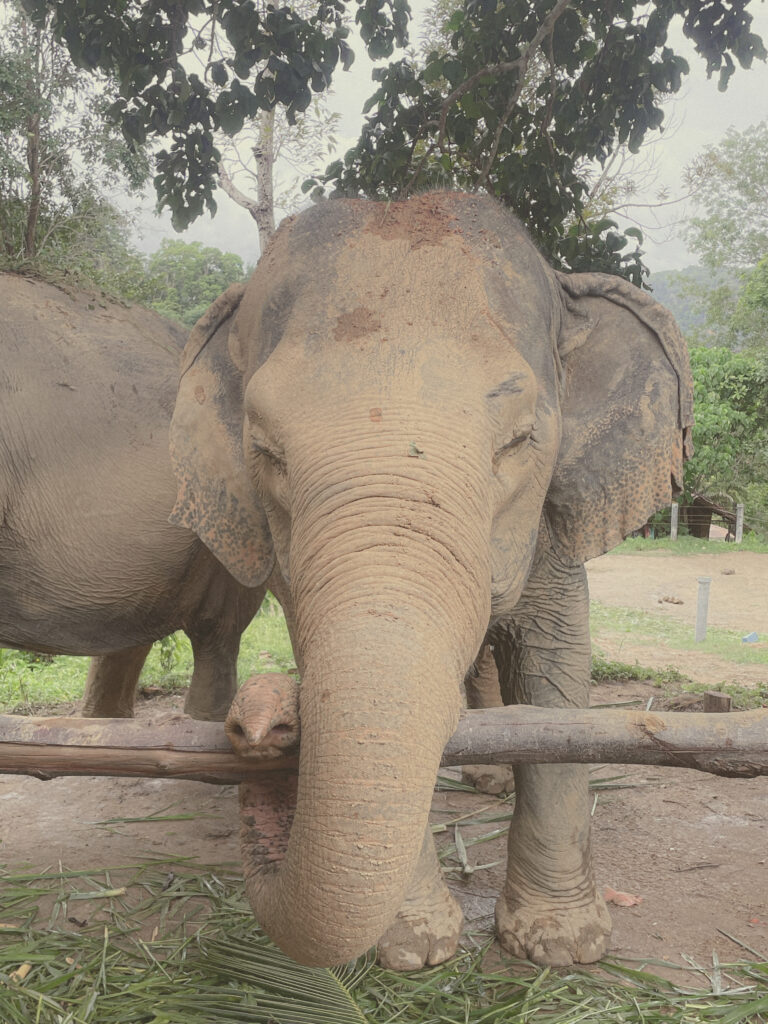
Elephants Lead, We Follow
The path meandered through lush greenery, it was pretty muddy from the heavy rain, but I was prepared with waterproof shoes that could get dirty.
We stopped at Bamboo Observation Huts, wherever the elephants were. Sometimes they would walk right past us, with only an arms distance between us. One elephant even thought another visitor had more bananas and stuck his trunk into the viewing hut to find out.
At another hut, we witnessed a heartwarming sight: one of the elephants, content and at ease, wrapped her trunk around the little fence and fell asleep. This adorable moment underscored the sanctuary’s dedication to providing a stress-free environment for these gentle giants.
Dinner and a "Show"
As we made our way further into the reserve, a larger bamboo station emerged. This is where we gathered for a delicious vegan and vegetarian buffet overlooking the pond.
The serene setting was only enhanced by the sight of one of the elephant enjoying a bath, while another elephant carefully watched over, and then promptly got in the water as soon as the other got out.
Watching them splash around, throwing mud and decorating themselves with branches and leaves was a testament to the reserve’s philosophy of letting elephants be elephants.
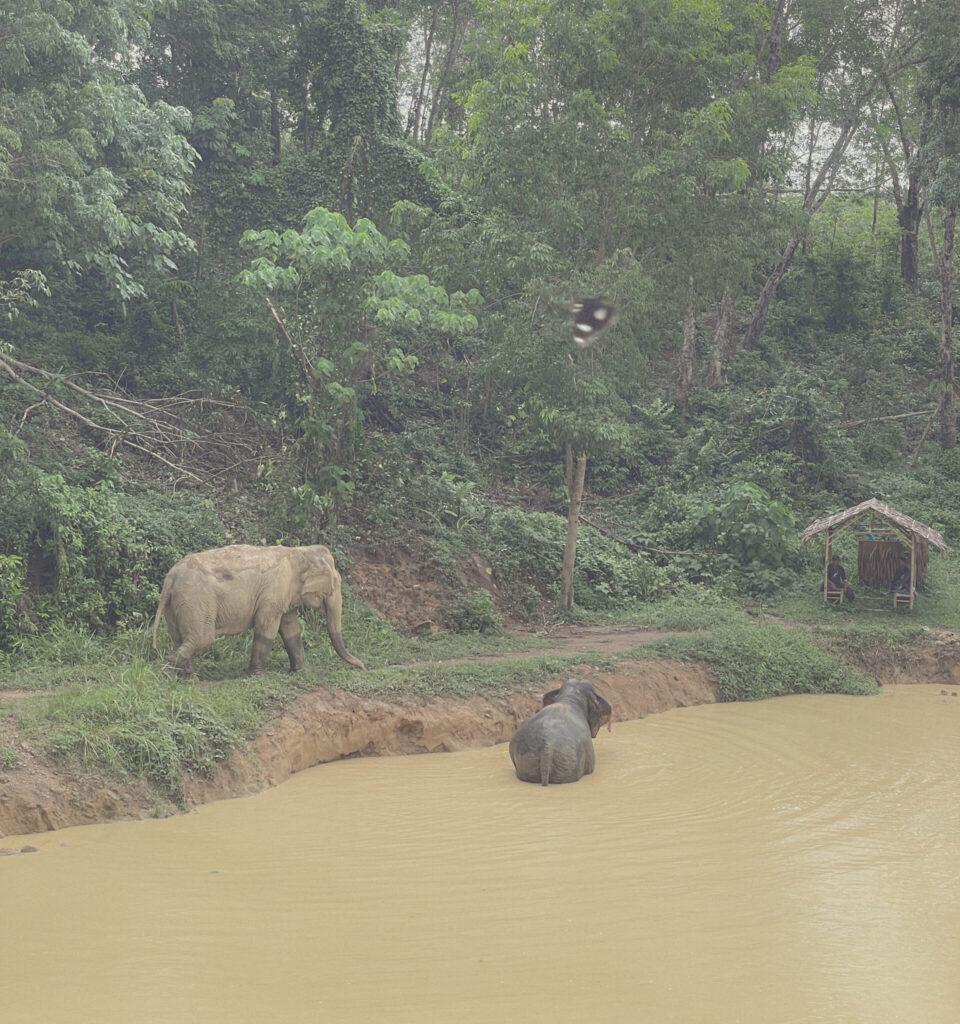
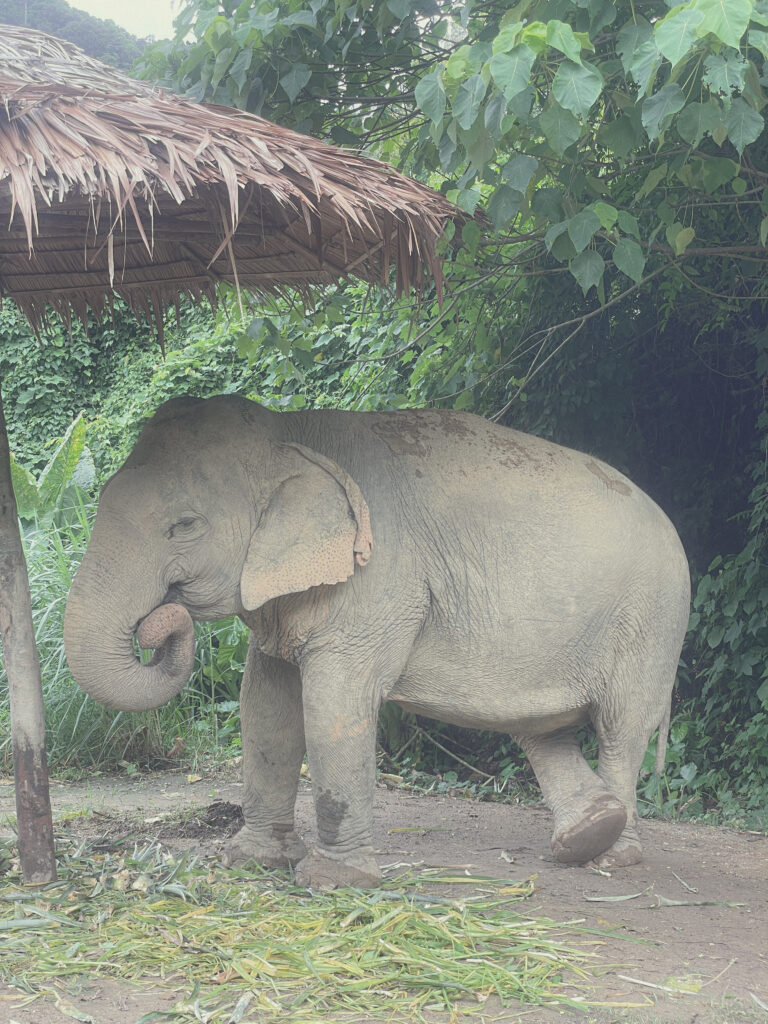
Natural is the key for an Ethical Elephant Sanctuary
Throughout the afternoon, we had ample opportunities to observe the elephants’ natural behaviors. They roamed, foraged, and socialized at their own pace, a stark contrast to the controlled environments they had been rescued from.
The founders, Louise and Russell, were ever-present, sharing their passion and deep knowledge of elephant care. Their dedication was palpable, and their love for the elephants was evident in every aspect of the reserve.
As our visit drew to a close, we reflected on the day’s experiences. The emotional impact of seeing these magnificent creatures living freely and happily was profound.
I listened as everyone was turning to one another saying “That was incredible” and “Best experience I’ve had in Thailand”. It was truly a magical afternoon. And a reminder of the importance of ethical tourism and the difference it can make in the lives of animals.
How to Identify a Truly Ethical Elephant Reserve
You’d be surprised by how many reserves market themselves as “Ethical Elephant Sanctuary Phuket” when they are indeed not.
When visiting an elephant reserve, look for key indicators of ethical practices: no riding, no bathing with the elephants, and an emphasis on observing natural behaviors.
The elephants should have an abundance of food and water, and shouldn’t ever be chained up.
Also looking for transparency in the reserve’s practices and a genuine commitment to the animals’ well-being are crucial.
Visit The Reserve
Next time you’re in Phuket, make sure to visit this beautiful sanctuary. The memories and the impact on both the elephants and yourself will be lasting.
By experiencing this sanctuary, you’ll not only enjoy an incredible day but also contribute to a brighter future for elephants and our planet.

